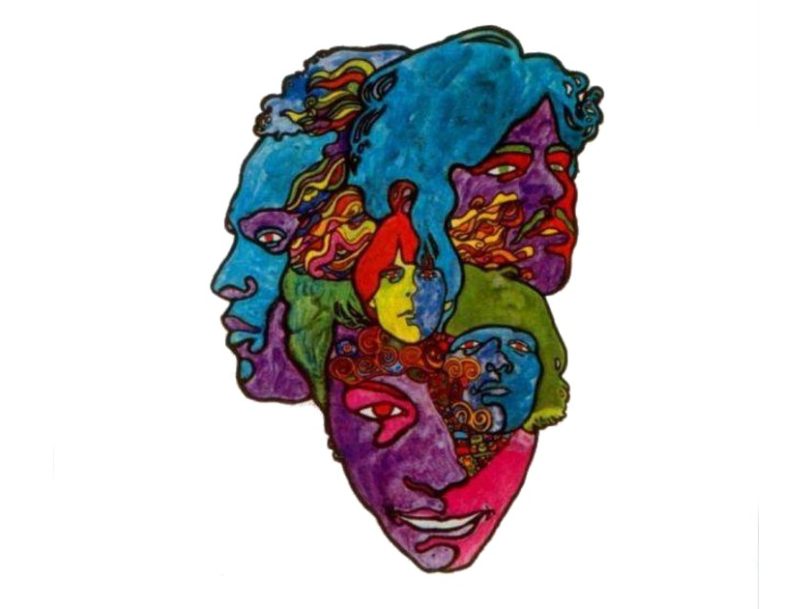The release of Love’s Forever Changes album must have seemed like perfect timing. The Los Angeles-based band, fronted by Arthur Lee, had been threatening to break big since unleashing the revved-up R&B of their self-titled debut album in April 1966. Their second album, Da Capo, followed in November that year and suggested a swift evolution, with an expanded line-up delving into psychedelic pop (She Comes In Colours), explosive proto-punk (7 And 7 Is) and hazy folk-rock (Orange Skies). However, when Forever Changes followed, in the autumn of 1967, following a period of personal crisis for Lee and professional anguish for the band, the album went entirely overlooked – until a devoted audience brought it back from obscurity, hailing it as a classic for all eternity.
Listen to the ‘Forever Changes’ album here.
“When I did that album, I thought I was going to die. Those were my last words”
Sessions for Love’s third album began in June 1967, and would continue until the end of September – a period dubbed the “Summer Of Love” by a mainstream media just catching up with the countercultural happenings of the previous few years. For Arthur Lee, though, love-ins and flower chains were the last thing on his mind while Forever Changes came together.
Love had been the hottest thing on LA’s Sunset Strip for the past few years, but they’d recently been overshadowed by the rise of The Doors, and Lee – just 22 at the time – was becoming increasingly insular. “By Forever Changes – when I did that album, I thought I was going to die at that particular time, so those were my last words,” the singer told ZigZag magazine in 1974. “I’d always had this thing about when I was going to die, man, or physically deteriorate, and I thought it would be about 26… something like that, I just had a funny feeling.”




